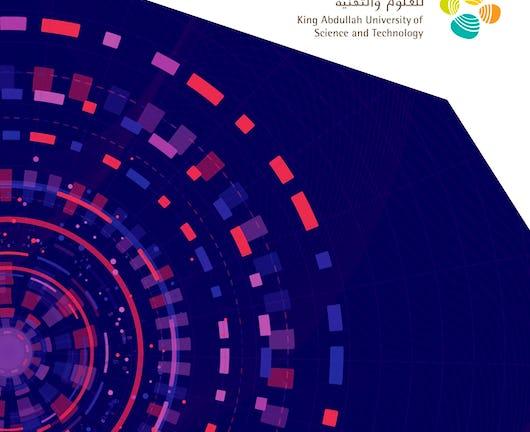MOOC List is learner-supported. When you buy through links on our site, we may earn an affiliate commission.

MOOC List is learner-supported. When you buy through links on our site, we may earn an affiliate commission.
Through the course, the student will develop the necessary practical skills to conduct basic data analysis. Most importantly, participants will learn long-term skills in programming (and data analysis) and the guidelines for improving their knowledge on it. The course will include Programming in R, programming in Python, Unix server, and reviewing basic concepts of statistics.
What you'll learn
- Basics of R
- Basics of Python
- How to analyze bulk RNAseq count data
- How to analyze single cell RNAseq count data
Syllabus
Module 1: Introduction to Programming (using R)
The first module will explore the basics of programming through R and this will include: working in R and RStudio, understanding data types, loops and ifs. Additionally, the module will provide an introduction to RMarkDown as a tool for sharing code that we will use in the coding lectures.
Module 2: Introduction to Programming II (using R)
The second module will focus on two aims. Firstly, to master the use of logical values and vectors and its applications in quality control. Secondly, to practice the programming skills while learning how to perform basic statistical analysis. This will include: explorative data analysis, correlation, linear models, T-test, and ANOVA. Finally, we will explore the available resources for R programming.
Module 3: Programming in Python
The third module will provide the basics of the Python programming language. First, the module will compare Python and R language and learn the programming syntax of Python. Second, the module will work with two key Python modules: pandas and numpy.
Module 4: Bioinformatics case study - RNA-seq bulk and single-cell data analysis
The final module will focus on applying knowledge and understanding of programming in the analysis of real RNA-seq data. R will be used for analysing of bulk RNA-seq and Python for single- cell RNA-seq. The results of both analyses will then be integrated. Finally, the module will provide insights in how to gain deeper knowledge and skills in R.
MOOC List is learner-supported. When you buy through links on our site, we may earn an affiliate commission.
MOOC List is learner-supported. When you buy through links on our site, we may earn an affiliate commission.
